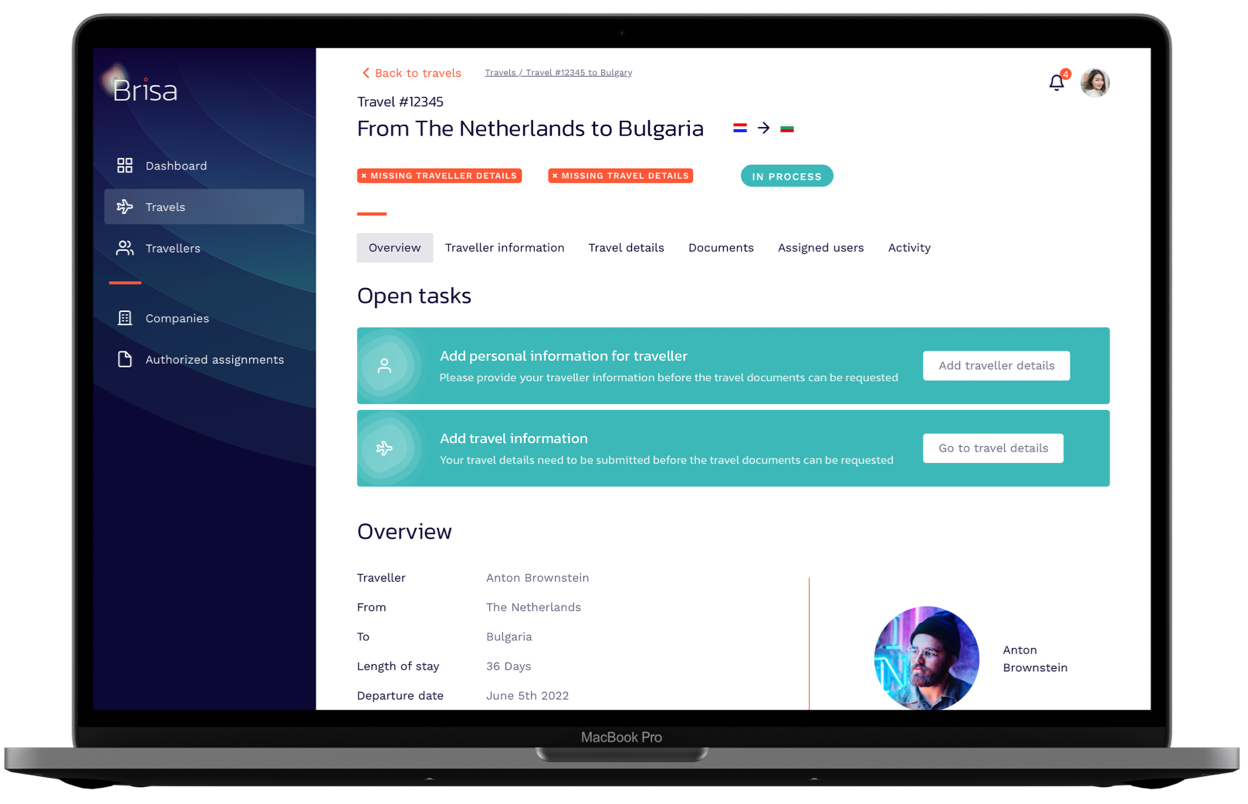
The Financial Risks of Non-Compliance with the Posted Workers Directive

The Posted Workers Directive plays a pivotal role in regulating cross-border employment within the European Union, safeguarding the rights of posted workers and ensuring fair competition. While the directive establishes clear guidelines for employers, failure to comply with its provisions can result in significant financial risks. This article explores the various financial implications associated with non-compliance and underscores the importance of adherence to the directive.
Financial penalties
One of the primary financial risks faced by employers who fail to comply with the Posted Workers Directive is the imposition of financial penalties. Authorities in the host country have the power to levy fines based on the severity and extent of non-compliance. The amount of these penalties can vary and may include fines for each violation or a cumulative penalty for a series of infractions. The financial burden of such penalties can be substantial and can have a direct impact on the company's bottom line.
Legal proceedings and litigation costs
Non-compliant employers may find themselves embroiled in legal proceedings initiated by host country authorities. Legal actions, administrative investigations, and audits may be conducted to ensure adherence to the directive's provisions. Legal proceedings can be time-consuming and expensive, leading to substantial litigation costs for the company. Legal fees, court expenses, and any settlements or fines resulting from these proceedings contribute to the overall financial risks of non-compliance.
Suspension of activities
In extreme cases of persistent non-compliance, authorities may suspend or restrict the activities of the employer in the host country. This can be a severe consequence, disrupting business operations, causing financial losses, and damaging the company's reputation. The suspension of activities can result in both immediate and long-term financial consequences, affecting the company's ability to conduct business in the host country.
Operational costs
Non-compliance with the directive may necessitate changes to the company's operational processes to align with the requirements of the host country. This could involve additional administrative and operational costs, including the implementation of new policies, employee training programs, and compliance monitoring systems. Failure to invest in these adjustments may lead to ongoing non-compliance and further financial risks.
Ensuring compliance with the Posted Workers Directive is not merely a legal obligation; it is a critical factor in protecting a company's financial health and sustainability. The financial risks associated with non-compliance extend beyond immediate penalties to encompass legal costs, reputational damage, and operational adjustments. Employers must prioritize understanding and adhering to the directive's provisions, seeking legal counsel when needed, and implementing robust compliance measures to mitigate these financial risks and foster a healthy and compliant business environment.

Reputational damage
Financial risks associated with non-compliance extend beyond direct penalties and legal costs. Reputational damage can have lasting financial implications for a company. Negative publicity, public scrutiny, and a tarnished image can lead to a loss of trust among clients, partners, and investors. This erosion of trust can impact the company's market standing, customer relationships, and overall competitiveness, resulting in a decline in revenue and potential financial setbacks.
Full compliance with Brisa
In the challenging landscape of international business, where navigating a complex web of administrative requirements and diverse national interpretations of the directive poses difficulties, Brisa emerges as a crucial ally for Human Resources and Global Mobility professionals. Brisa's cutting-edge platform seamlessly integrates technology and expertise, offering a comprehensive solution for complying with the Posted Workers Directive.
With features such as the Pre-Travel Assessment, streamlined document requests, and an intuitive interface, Brisa empowers organizations to effortlessly navigate the intricacies of international employment. Choosing Brisa not only enables companies to mitigate financial risks but also optimizes their compliance processes, establishing a robust and legally sound foundation for their global workforce. Request a demo today and discover the transformative power of Brisa in enhancing your travel and immigration management experience.


Plan a Demo
Discover how Brisa makes your travel and immigration processes easier, smarter and faster.
Request a demo



